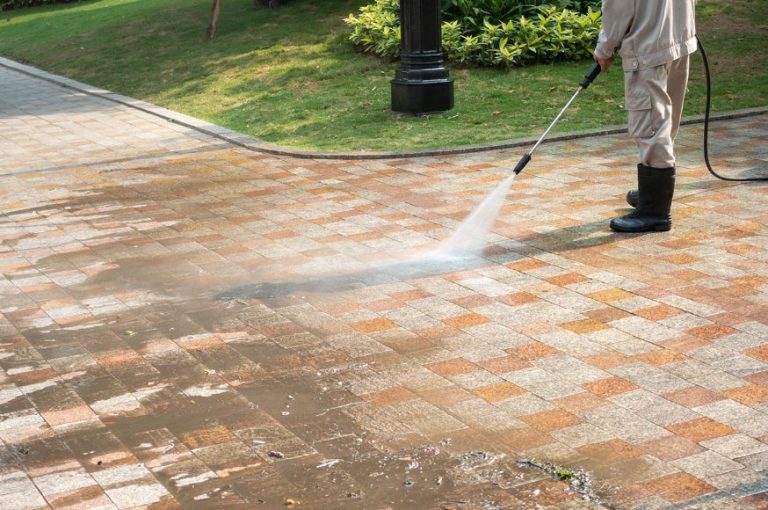What to Know Before Paving Your Driveway: Costs, Materials, and Expectations
Understanding the Cost of Driveway Paving
Paving your driveway can be a significant investment for any homeowner. Understanding the costs involved is crucial to budgeting appropriately for this home improvement project. According to This Old House, the cost of asphalt paving ranges from $7 to $12 per square foot. This pricing can vary due to factors such as location, contractor rates, and specific materials used. It’s important to get multiple quotes from contractors to ensure you’re getting the most competitive price.
When planning your budget, consider both the initial installation costs and any potential future maintenance expenses. Asphalt and concrete are the most popular materials, each with its own cost implications. According to Forbes, the overall range homeowners can expect to pay for paving a driveway falls between $2,000 and $7,000. Keeping an eye on long-term costs helps in making a more informed decision. Consider not only the upfront costs but also the longevity and maintenance needs of each material option.
Choosing the Right Material for Your Driveway
When it comes to driveway paving, selecting the right material is a critical decision. Asphalt and concrete are the most commonly used materials, each with unique properties and benefits. Asphalt, being more flexible, is less likely to crack in colder climates, making it a preferred choice in regions with harsh winters. Homeowners often choose it for its smooth finish and quicker installation time. However, it usually requires more regular maintenance compared to concrete.
Concrete driveways are known for their durability and ability to hold up against a variety of weather conditions. They require minimal maintenance compared to asphalt, which might make the higher initial cost more palatable over the long term. According to Medium, a concrete driveway should be poured at a thickness of about 4 inches to ensure its durability and longevity. This requirement is essential to handle the weight of vehicles while retaining its structural integrity. For those prioritizing aesthetic appeal, concrete offers diverse options in terms of textures and colors.
Each material has its specific installation requirements and considerations. For instance, while asphalt sets quickly and can be driven on within 24 hours, it can become soft in high temperatures. Concrete, on the other hand, takes several days to cure but provides a more robust and stable surface. Understanding the pros and cons of each material will help you choose the best option for your driveway that aligns with your home needs and environmental conditions. Take into account not just the immediate appearance but also the long-term performance and maintenance involved.
Setting Realistic Expectations for Your Driveway
Before making a final decision on paving your driveway, it’s crucial to set realistic expectations about the process and outcome. Understanding the timeline for installation can help in planning and organizing related activities. Asphalt paving is a quicker installation process, where the driveway can become functional almost immediately. However, its reliance on weather conditions for successful setting can sometimes cause delays. Conversely, concrete requires a lengthy curing time, which should be factored into your project timeline.
The longevity of your driveway is likewise important to consider. An asphalt driveway generally lasts between 10 to 20 years, while a concrete driveway can endure for 30 years or more with proper maintenance. This longevity contributes to the overall value and appeal of your home, making it a critical factor when choosing materials. Regular maintenance can also extend the life of either type of driveway. A well-paved driveway not only enhances your property’s curb appeal but also increases its resale value.
Finally, when planning for a new driveway, take into account the impact it will have on your home’s overall aesthetic. The choice of material, color, and finishing should complement the architecture and style of your home. Exploring different design options can help create a cohesive and pleasing visual appeal. In conclusion, a well-paved driveway is an investment in both the functionality and beauty of your home, so make informed decisions to ensure satisfaction for years to come. Remember, the right planning and preparation can significantly enhance the outcome and value of this home improvement project.



